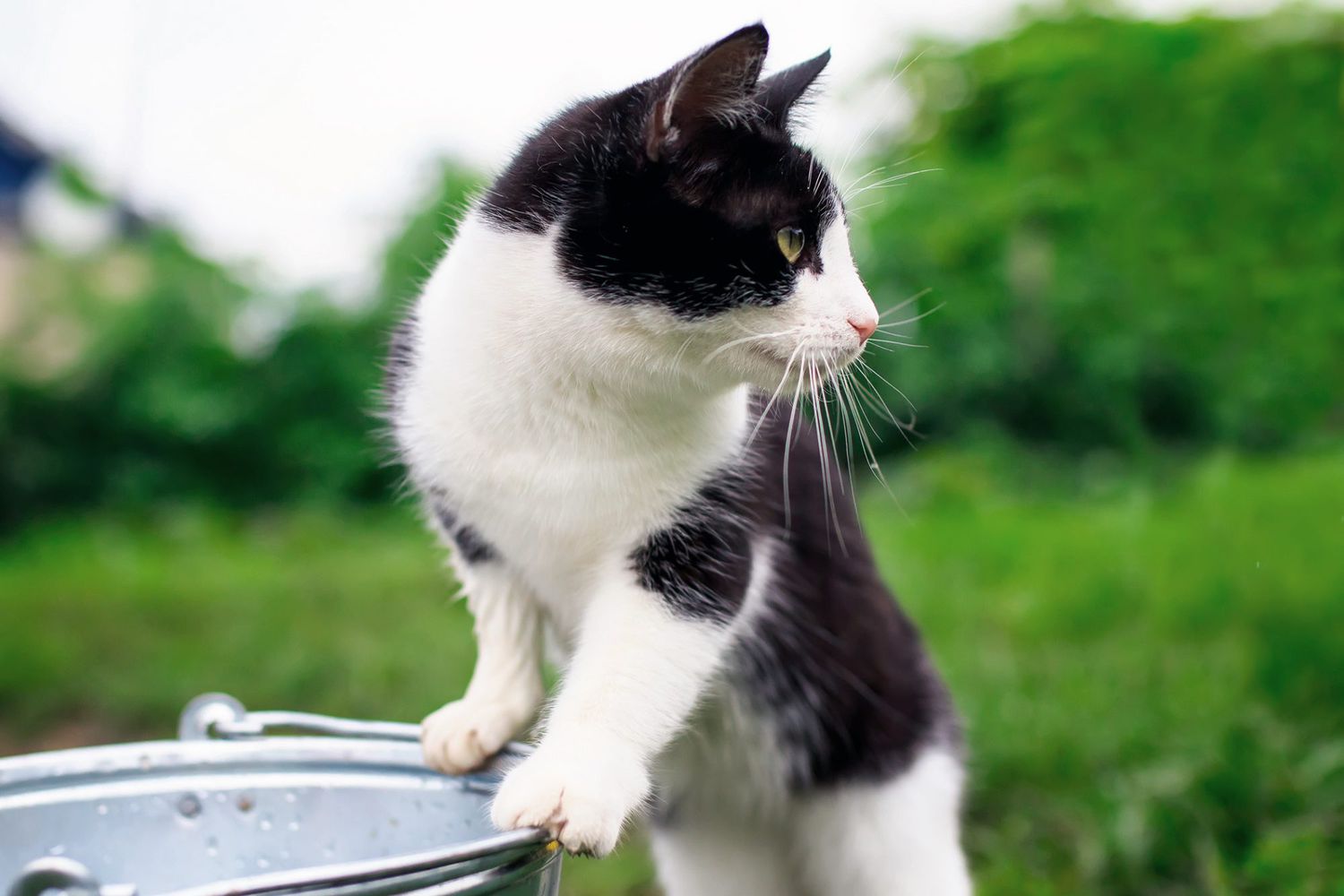
Cat owners are no strangers to the day-to-day chore of digging their furry friend's litter box. It's a regular task that's typically overlooked, yet important for maintaining a tidy and healthy environment for both cats and their human companions. Nevertheless, what many animal owners may not recognize is that there are hidden health dangers related to the litter box that can position threats to both humans and cats alike. From breathing issues to parasitic infections, the litter box can harbor a range of threats that require cautious attention and management.
Among the most common health dangers related to the litter box is respiratory problems. Cat litter, specifically clay-based ranges, can contain fine dust particles that end up being air-borne when disturbed during scooping or when felines dig in the litter. These dust particles can be breathed in by both cats and people, resulting in breathing inflammation and exacerbating conditions such as asthma or allergies. Sometimes, extended direct exposure to litter dust can even cause more severe respiratory problems in both felines and their owners.
To decrease breathing risks, it's necessary to select low-dust or dust-free litter choices and to scoop the litter box in a well-ventilated location. Using a dust mask while cleaning up the litter box can likewise assist reduce direct exposure to air-borne particles, especially for people with respiratory sensitivities.
Another considerable health danger connected with the litter box is the potential for parasitic infections, particularly from Toxoplasma gondii, a common parasite found in feline feces. While the majority of healthy people might not experience signs if contaminated, pregnant ladies and individuals with weakened immune systems are at greater threat of establishing cat litter robot extreme problems, including birth defects and neurological disorders.
To minimize the threat of parasitic infections, pregnant ladies must avoid cleaning the litter box altogether and entrust this task to another household member. Additionally, all people must practice great hygiene routines, consisting of washing hands thoroughly after managing the litter box or entering contact with cat feces, to lower the danger of transmission.
Many business cat litters contain chemicals and ingredients that can present health risks Clay Cat Litter to both cats and people. For example, some fragrant litters may contain scents or important oils that can aggravate delicate respiratory systems or activate allergies. Additionally, clumping litters typically include sodium bentonite, a clay product that can expand when ingested, causing gastrointestinal clogs if consumed by felines.
To reduce chemical direct exposure, choose odorless or naturally-scented litters made from naturally degradable materials such as paper, wood, or plant-based options. These eco-friendly alternatives are not only much safer for your feline's health but likewise better for the environment.
The litter box environment supplies an ideal breeding place for bacteria, including possibly harmful pathogens such as E. coli and Salmonella. These bacteria can infect the litter box and surrounding areas, increasing the danger of infection for both felines and humans. Felines can contract bacterial infections through direct contact with contaminated litter or by consuming feces during grooming, while humans can end up being infected through contact with polluted surface areas or incorrectly cleaned hands.
To lower the danger of bacterial contamination, it's necessary to clean up the litter box routinely utilizing hot water and mild detergent, along with to decontaminate the surrounding area to avoid the spread of germs. Additionally, practicing good hand health, consisting of cleaning hands thoroughly after dealing with the litter box or entering into contact with cat feces, cat litter box with lid can help decrease the risk of bacterial transmission.
While the litter box may seem like a mundane aspect of feline ownership, it's important to recognize the possible health risks connected with this apparently harmless fixture. From respiratory problems to parasitic infections and bacterial contamination, the litter box can harbor a variety of dangers that need careful attention and management. By taking proactive steps to minimize exposure to these risks, cat owners can develop a safer and healthier environment for both their feline buddies and themselves.